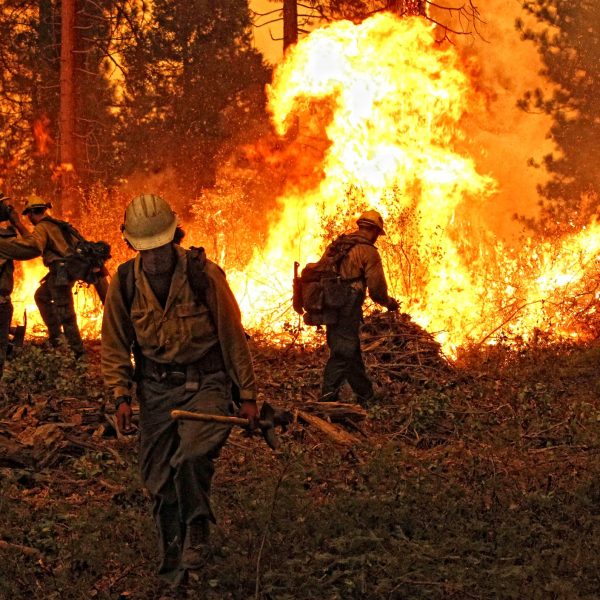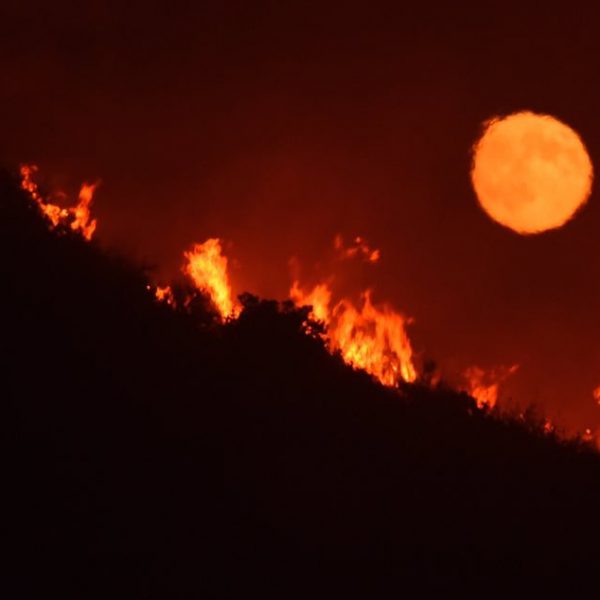
Indigenizing philosophy through the land then is more than a culturally distinct way of philosophizing… it is a process of decolonization in the form of a revitalization of the relational modes of Indigenous life grounded in land as the relational ground of kinship and human beings as grounded in and inextricably entwined with this relational kinship ground.

Native peoples in the Americas understand the universe as alive and sentient. All phenomena in it are understood to be a distinct expression of life force, or spirit. Since all persons – human and other-than-human – such as plants, animals, rivers, winds, and mountains are expressions of spirit, they are understood to be interconnected and contingent.
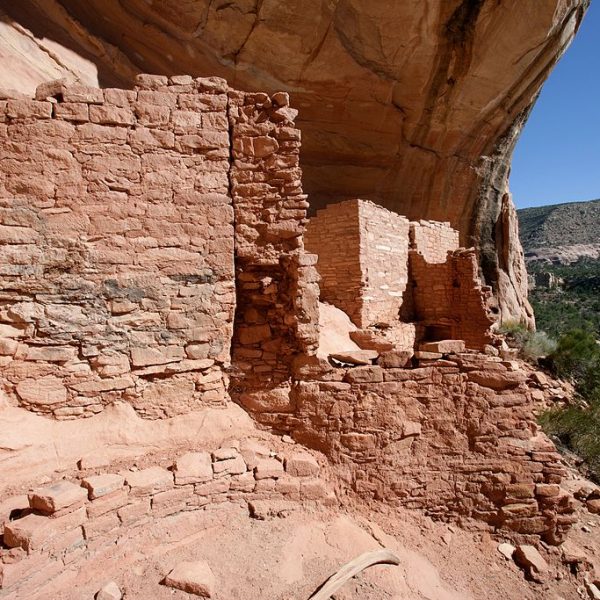
I am interested in exploring and critiquing the discursive implications of designating this area as wilderness, given the history of this idea and its role in dispossessing Indigenous communities.

While not often recognized as political theology proper, environmental justice movements have for decades been sites of normative creativity. Sometimes overlooked as conventional rights-based complaints against locally unwanted land uses, these movements have in fact depicted ecologies of white supremacy while deploying rights, sacralizing land, and reimagining the human in ways that would utterly reconstruct the basis of politics.
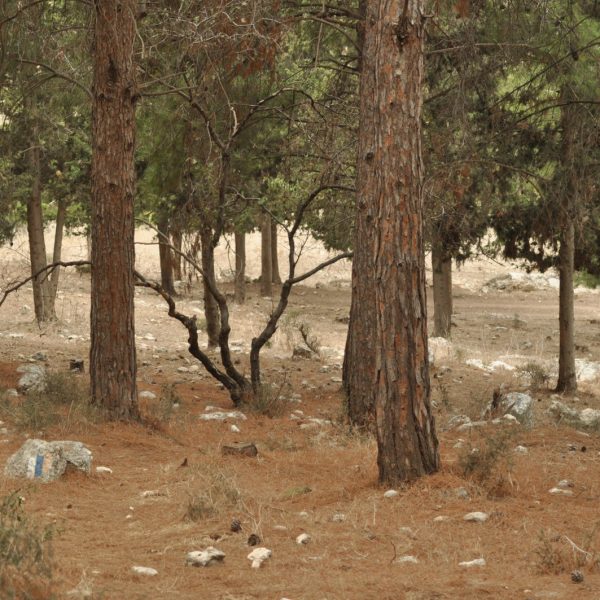
When did the discourse on climate change begin? How was it related to colonialism? And in what way did it serve political objectives in Israel/Palestine throughout the 20th century?

In Florida and elsewhere, communities facing technological and environmental risks do well to adopt the ethics and politics of precaution.

…theologies of disability can aid human flourishing, because caring for people of varied abilities made in God’s image allows us all to create more just and compassionate political systems
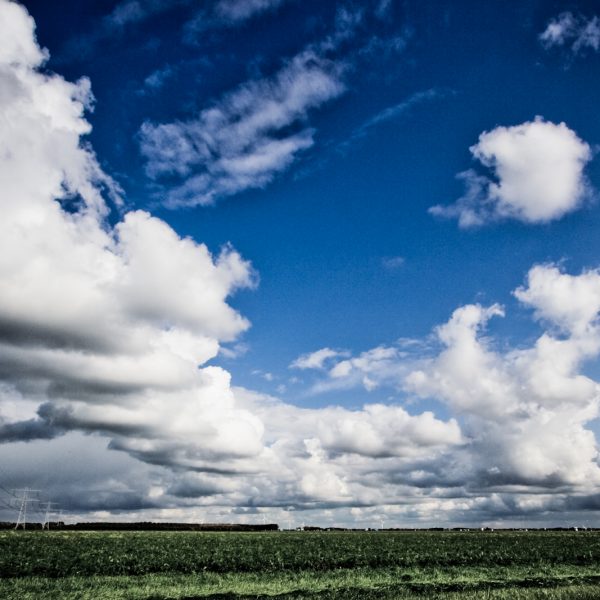
There is, I suggest, a kind of political theology at work in this practice of simply paying attention to (and being provoked by) the transcendence that is Gaia. It generates a form of intellectual habitation that remains attuned to the strange shapes drawn in the clouds by some form of transcendence.

